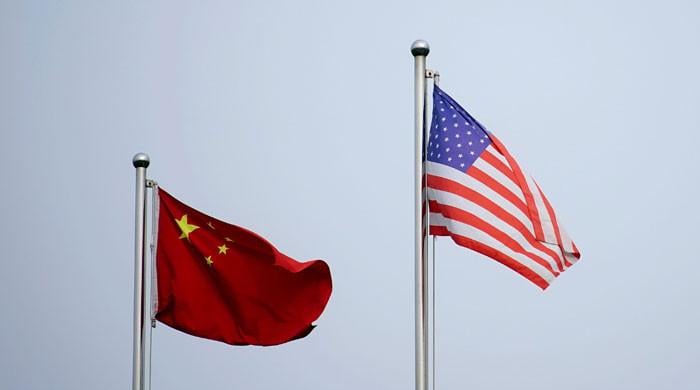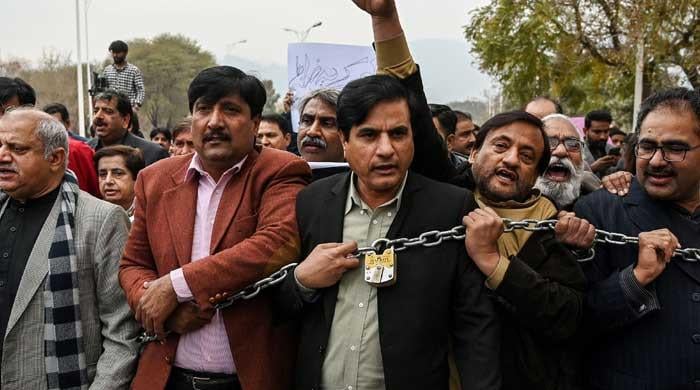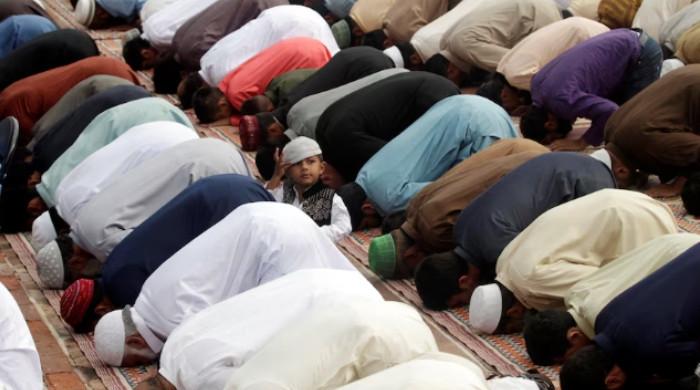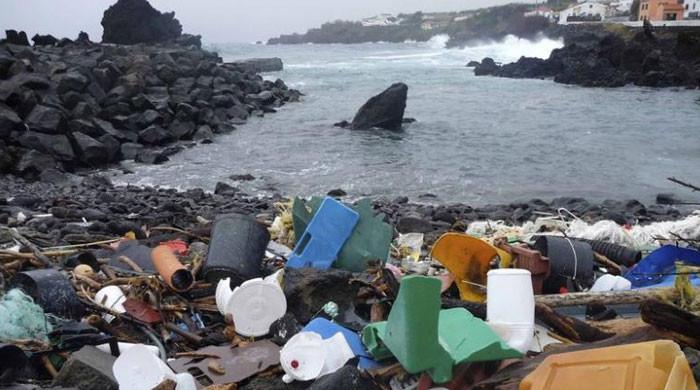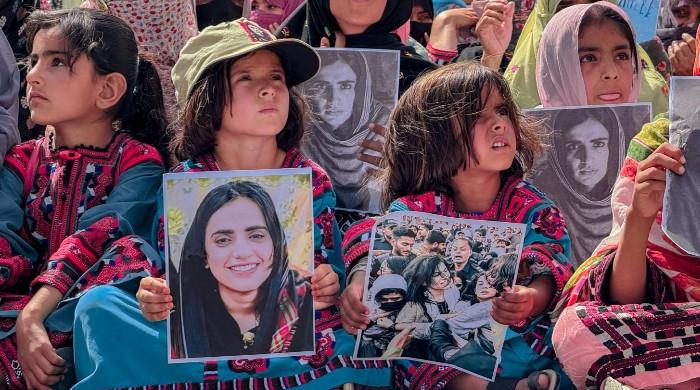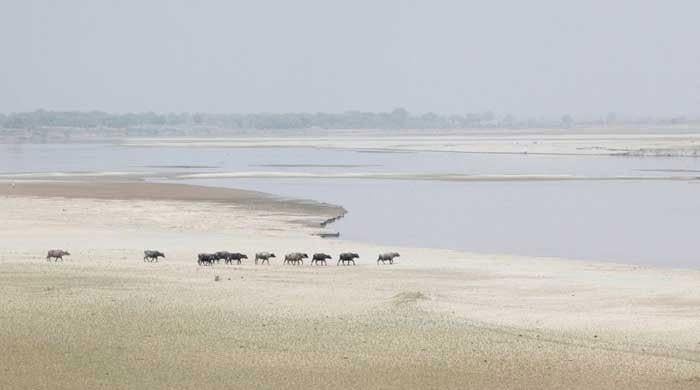How did anti-Muslim populist Geert Wilders win the Dutch elections?
Why right-wing populism is a gift that keeps on giving? Can Geert Wilders still be stopped?
December 01, 2023
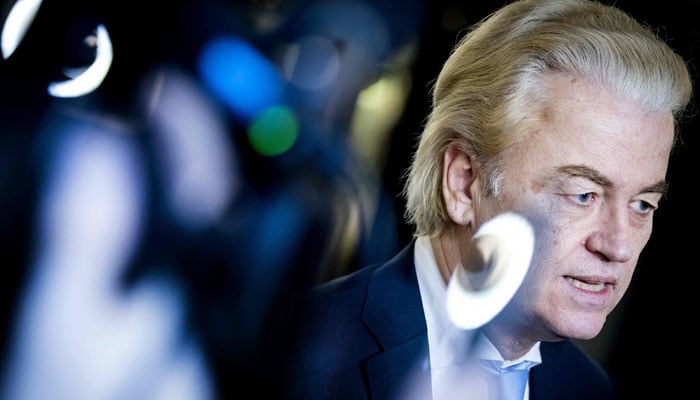
Geert Wilders, the controversial anti-Muslim ultra-right-wing populist, has surged to power in the Netherlands, joining the ranks of other far-right leaders such as Narendra Modi, Imran Khan, Jair Bolsenaro and Donald J Trump who have disrupted the global political landscape in recent years.
Wilders is on the brink of acquiring power with his party, Party for Freedom (PVV), winning 37 out of the 150 seats in the Netherlands parliament.
Global trend of far-right populism
The past 15 years have witnessed a notable shift towards far-right populism, with leaders like Donald Trump, Narendra Modi, and others adopting outlandish approaches that challenge the established global order.
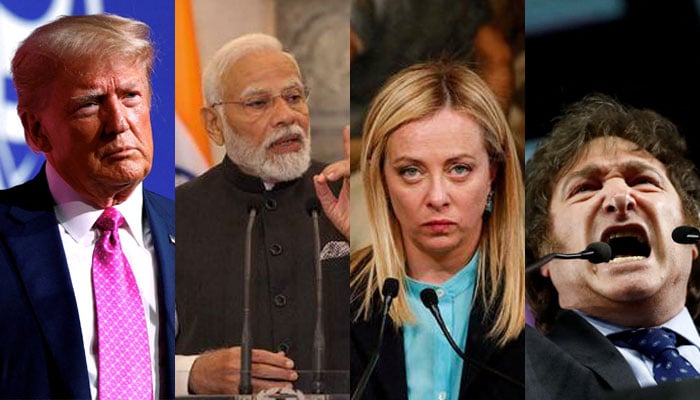
This phenomenon is marked by a common thread of showmanship, positioning as outsiders who can fix everything, pandering to right-wing religious groups, and embracing anti-minority, anti-immigrant stances.
The epitome of right-wing leadership in Europe
At 61, Geert Wilders stands out as one of the most right-wing leaders in Europe. Like other European populist leaders, Wilders champions anti-Muslim, anti-Islamic, and anti-asylum seeker policies.
His rhetoric surpasses even that of his counterparts like Georgia Meloni or Javiar Milei, who recently won the elections in Argentina.
We recently saw another right-wing leader Javira Milei emerge to power, but his version of politics is anti-government more than anti-religion or anti-Muslim in specific.
Manifesto and political agenda
Since he entered electoral politics in 2006, Wilders' manifesto has consistently featured anti-Islamic and anti-Muslim themes.
In one of his statements, he said, “We want less Islam in the Netherlands and we will achieve that through less non-Western immigration and the introduction of a general halt to asylum.”
His agenda extends beyond opposing Islam, incorporating a call for a referendum akin to the UK's Brexit, advocating for a 'Nexit' and the closure of Netherlands borders.
International responses to Wilders' victory
Upon Wilders' recent victory, right-wing leaders from various countries, including Marine Le Pen from France and Italy's Matteo Salvini, have congratulated him.
Their messages underscore a shared ideology that emphasises stringent border controls and opposition to immigration, particularly from Muslim-majority regions.
Wilders advocates for a ban on Islamic schools, the Quran, new mosques, and headscarves in government buildings, likening the Quran to Mein Kampf. His policies align with the broader wave of right-wing leaders in Europe, each expressing hostility towards Islam, immigration, and multiculturalism.
Another gem of a statement from Wilders read “Asylum seekers feast on delightful free Cruise ship buffets while Dutch families have to cut back on groceries.”
Another statement Wilders at the Dutch read “We hope that the people can get their country back and that we will ensure that the tsunami of asylum seekers and immigration is reduced.”
Exploiting religion for political gain
The religiously unaffiliated majority in the Netherlands creates a fertile ground for leaders like Wilders to exploit fears associated with cultural and religious differences.
Wilders capitalized on this fear, particularly in the aftermath of 9/11, to consolidate political support around anti-Islam and anti-Muslim sentiments. His 2006 manifesto categorized Islam not as a religion but as a political ideology.
Can he still be stopped?
Despite gaining the majority of seats in the recent elections, Wilders' path to becoming the Prime Minister is not guaranteed.
Wilders's party the PVV, got 37 seats in the elections while the second largest party, the Labour Party, got 25 seats.
The Labor Party has categorically refused to form a coalition with the PVV with their leader posting, "This is the time to defend democracy," right after the election results came in.
The third largest party, the VVD, has 24 seats and although they have not ruled out a coalition with Wilders' PVV, they have said that they would not accept Wilders as the PM.
The fourth largest party, the NSE, with its 20 seats is open to a colation with Wilders.
Wilders will need to garner support from other small parties along with the NSE to attain power, and even if he gains power, it will be difficult for him to implement his anti-Muslim, anti-immigrant agenda within a coalition government.






